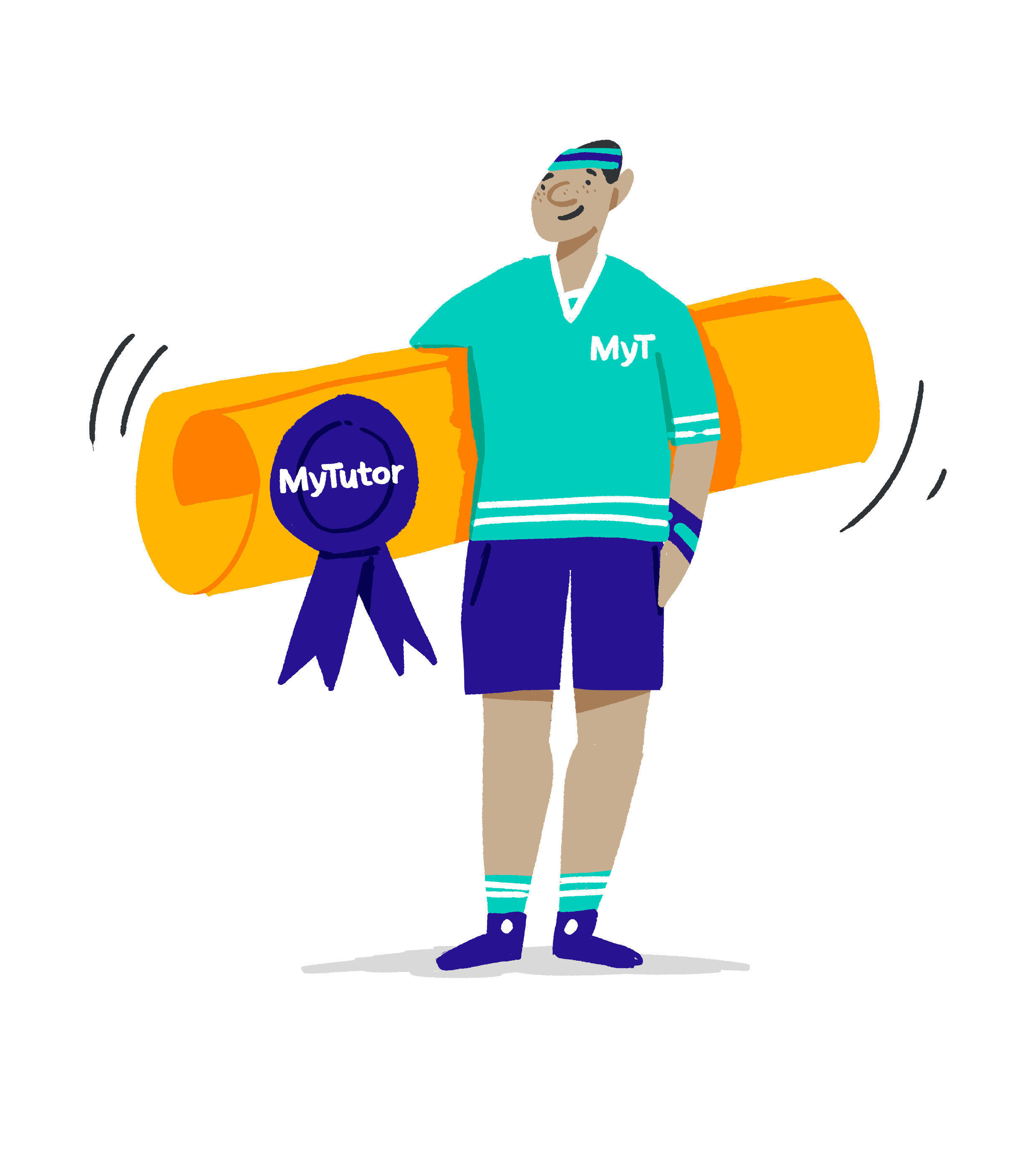

When results day comes around every year there’s a huge amount of discussion about grade inflation and the increase in the number of top-grades being handed out. With the hectic past academic year disrupted by the global pandemic and the uncertain status of exams in the upcoming years it becomes more important than ever for tutors to be ready to have difficult conversations with students and parents about exam results.
There are ample resources which deal with the administrative issues that might arise from an unexpected exam result including how to apply for a grade appeal, how to apply for a resit, and how to apply for a university place through clearing.

What’s often more difficult is dealing with the emotional consequences of achieving grades lower than expected, or lower grades in general. When there is so much talk of top-grades, some students may feel very inadequate for not achieving them, when in reality for many students just having passed the exams will have been a huge achievement. A*s and 9s are the very pinnacle of academic achievement – but only on paper! If your students have learned to feel confident in their abilities, to apply key skills, and to process information, they have excelled academically and developed skills that they will continue to use for the rest of their lives.
Think about it – how often outside of tutoring or your own academic pursuits do you talk about the books you studied for GCSE English? Probably pretty rarely; few daily conversations require an in-depth knowledge of the metaphors in Of Mice and Men. However, you do use the skills that you acquired through studying GCSE English every day – you’re using them now to process this article, and you used them when you read the news this morning or sent out your last job application. You have acquired the skills to read between the lines and to manipulate language for your own benefit, and that’s what is really important. Your employers, colleagues or peers don’t really care that you got an 8 at GCSE English, they care that you can use the skills that that number grade represents!


It’s important to remember that the way that GCSE and A Level exams are structured is largely arbitrary. They make students work towards a final exam with less coursework than ever, which means that the exam is just a snapshot of what a pupil has achieved over an entire course. Statistically for a certain number of students, that exam day is just not going to be one where they’re able to show all of the facilities that they’ve developed over the two year time period – and for some, that time period will have been interrupted or just will not have been long enough. As with most schooling, GCSE and A Level exams work on a one-size-fits-most approach; most students given adequate support should be able to complete the qualification in the allotted school time. These don’t account reliably for disruption (which we’ve all faced in the past two years) or personal and familial issues which may impact a student’s attainment. It is really key to frame all perceived successes and failures with these factors in mind.
As a tutor you may be in a unique position to reassure students about their achievements, as you’ll likely know them better than most teachers due to the 1-to-1 nature of your teaching. If it’s appropriate, take some time to share personal anecdotes about improving over time. Be honest and upfront about the fact that often distance travelled is much more valuable than just a final alpha-numeric grade.


GCSE and A Level exams are often framed to students as a finish line, the final frontier of academic development, learning and working towards goals but in reality this is often not the case! It’s essential to make it clear that exams are not the be all and end all, and they’re not an end date after which you stop being able to learn and grow your skills. If you want to do better, you can if you have the support and the resources to continue working hard. But not everyone will, and that doesn’t mean the end of your academic career – it just might mean you have to pause for a while and focus on other areas such as sustainable habits, having a secure environment, and taking care of your mental health. It doesn’t matter how slow progress is, it just matters that you make progress!
Hopefully your own experience in the education system leaves you equipped to help your students navigate theirs. For any additional support, YoungMinds has some fantastic advice and resources for parents and young people dealing with the pressure and emotional cost of exams.



